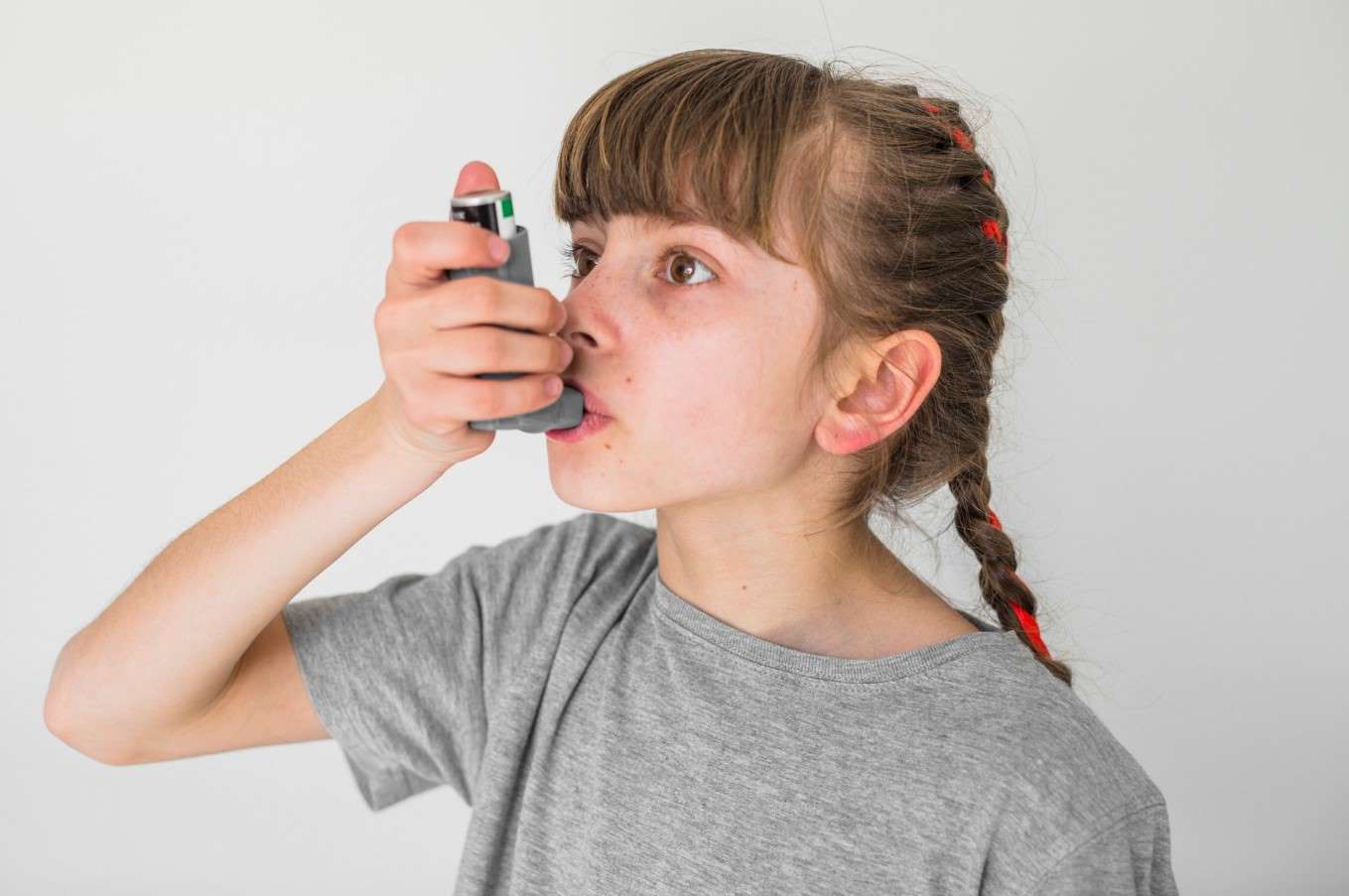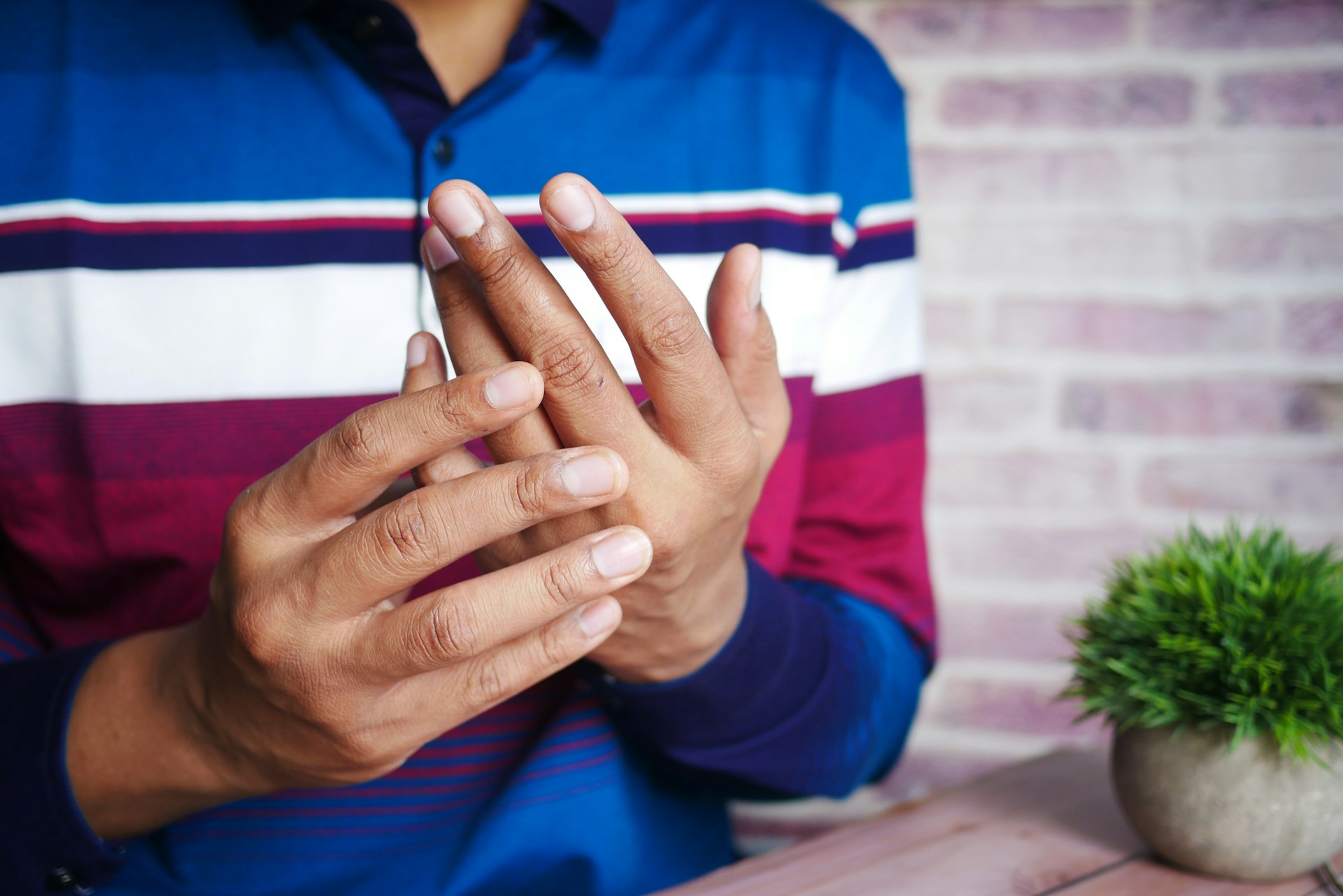TEL:
07366693154
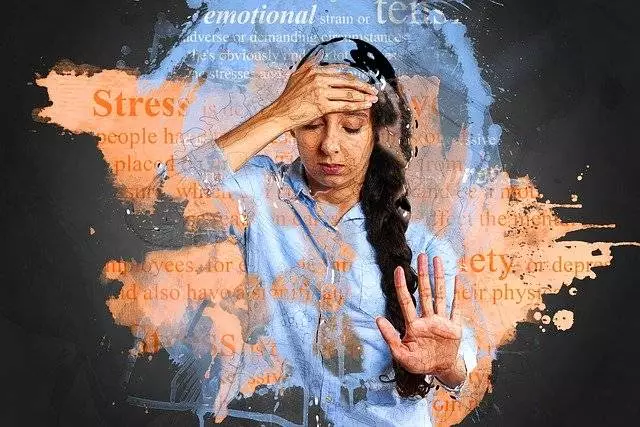

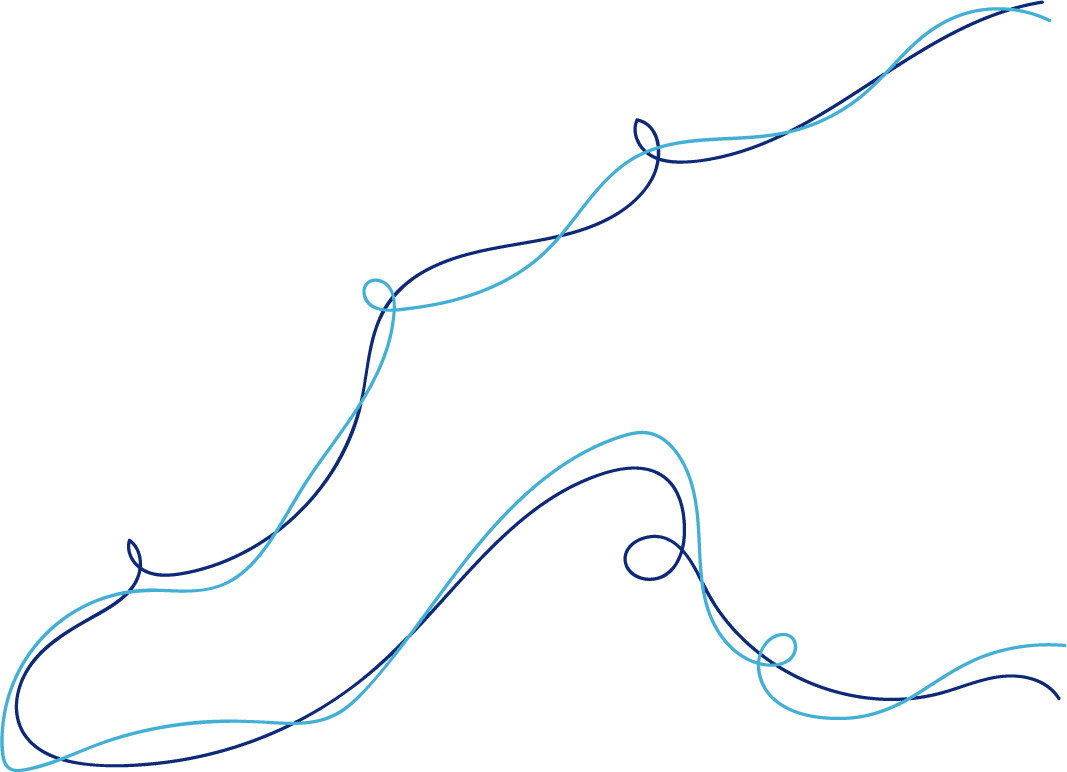
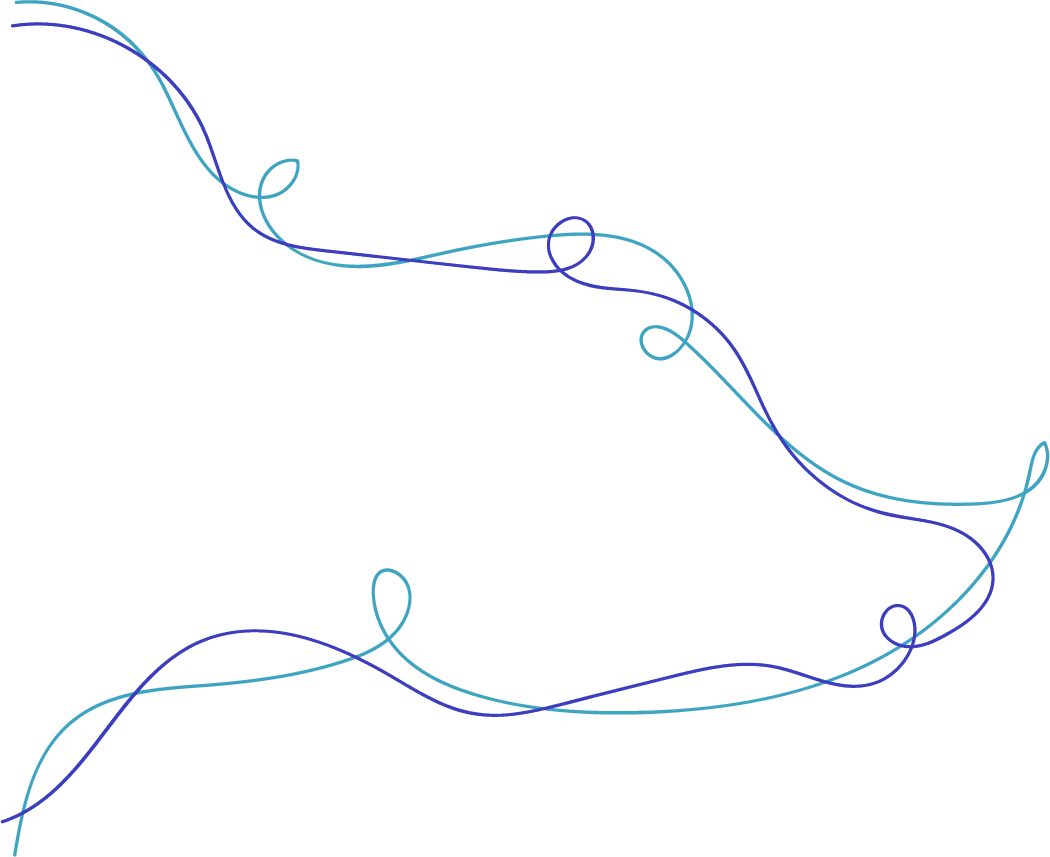
Every individual holds within them hundreds of different beliefs. They can be beliefs about the world, about other people and most importantly they can be about themselves. We can take our belief systems for granted as we are so accustomed to them; we simply ignore that they are there. But it is very important for our health that we take the time to acknowledge our belief systems and see if they are serving our health in a way that promotes vitality and abundance. Carry on reading to learn more about the belief-health connection and why it is so important.
A belief is the attitude or opinion that something is the case or true. It can also be viewed as a state or habit of mind in which trust or confidence is placed in some person or thing. Once you believe something whether it is based on experience, judgement or interpretation, it holds true for you and this becomes the basis of your perception.
In effect, our beliefs become the lenses with which we view ourselves and the world around us. Putting this in the perspective of health, when we hold positive beliefs our body is vibrant and healthy but if we hold negative belief systems which work against us, they can have significant implications for our health.
A simple example; if we have a belief that, ‘the world is a dangerous place’, with that belief lens on, we will look at the world and see danger all around us. One could argue this is simply allowing you to be safe and protected but on the other hand, it causes our nervous system which is switched in a sympathetic state (fight or flight). The result of this can be experiencing constant anxiety and worry, fatigue or even adrenal fatigue.
Sigmund Freud, a famous neurologist who founded psychoanalysis, often used the metaphor of an iceberg to describe the two major aspects of human personality. The tip of the iceberg that is visible above the water represents the conscious mind. Underneath the water lies the subconscious mind which is the much larger part of our mind and is where our belief systems are stored.
The conscious mind is the objective, analytical and thinking part of the mind. It is what you are using to read this article, analyse this material and form opinions on what’s being read. It consists of everything inside of our awareness.
The conscious mind includes such things as the sensations, perceptions, memories, feelings, and fantasies inside of our current awareness. It is interesting to note that we use the conscious mind only 10% of the time and the rest of the 90% is run by our subconscious mind.
Closely allied with the conscious mind is the subconscious mind, which includes the habits/memories/thoughts/feelings that we are not thinking of at the moment but which we can easily draw into our conscious awareness i.e. our belief systems.
They serve to allow us to be more efficient. When we are doing repetitive tasks, we are on autopilot or busy thinking about something, this is when the subconscious mind takes over. When you are walking or driving, we don’t need to pay attention to the step you are taking, we automatically do this.
They serve in a protective capacity too. When we’ve been through a traumatic experience (whether big or small) we capture this event in our subconscious minds to serve as a reminder, so if we are in a similar situation we will be able to protect ourselves better.
Our beliefs are constantly formed and reshaped throughout our life based on experiences and the judgements based on those events. Our core beliefs are typically formed in the first 6 years of our life. At this time, children operate in a theta brainwave state, they are effectively like sponges, they absorb whatever is happening around them and that information goes straight into their subconscious mind.
For example, if a child gets told off, at that moment they can make it mean, ‘I am a bad person’ or ‘I am a disappointment’ or even ‘I can never do right’. If this happens on a regular basis and the same meaning is reinforced creating a field of energy that will eventually form a belief system.
What is important to understand here, that it is not the event itself, but more so, what we made the event mean which determines our belief systems. One event which impacted two people, in the same way, will have different meanings for those individuals. One could take it in a positive way and another can take it in a negative way.
Beliefs can be split into two very distinct categories; either positive or negative. Let’s take a look at some examples and see if we can resonate with these in our life.
These are beliefs we have about ourselves and the world that support us and are serving us well in our everyday life and health. For example:
Negative belief systems do not serve us; they prevent and limit us from making progress in so many areas of our lives. For example:
There is an intimate connection between the body and the mind, as they are one and the same system. What impacts our body affects our mind and vice versa what impacts our mind will directly have an impact on our body.
A simple way of looking at it is, a negative belief system will trigger the number one cause of ill health – stress. The impact of stress on our health cannot be understated, when we are under stress our digestive and reproductive systems switch off and blood flow is directed towards our muscles and sense organs to deal with an impending threat.
Negative belief systems will often create inner conflict within us. This inner conflict is mental stress which is very draining on the body and can lead to physical and mental fatigue. Ultimately they stop us from moving forward in life and will always hold a person back – this applies to health. A person with belief systems such as, ‘I am responsible for everyone’ may want to focus on themselves, perhaps start a hobby, but will feel guilty as their belief system will hold them back. A person with a belief system, ‘I’m not clever enough ’may have always wanted to go to university to pursue a passion but always stop themself because of a lack of self-confidence which can then lead to depression spending on the severity of the emotions.
If our belief systems do not serve us in the way we want to live our lives or hinder us from doing what we feel passionate about then they need to change as they will not only impact our lives but our health too.
A beliefs system is in effect a habit of thinking a certain way. We often accept our habits and personalities as who we are, but we have to realise the power is within ourselves to change.
Once belief systems are formed in our subconscious mind they are often very difficult to remove/change if you rely on willpower alone. As we touched on earlier, we use the conscious mind only 10% of the time and the conscious mind is not as powerful as our subconscious mind so it can be an uphill struggle.
One tried and tested method to change belief systems is through repetition of a new positive belief. In order for this needs to be done regularly and consistently for at least a month before we can start to see the impact of this.
A new method has emerged, energy psychology, which is much faster and powerful and can have a last effect after a couple of sessions. Healing therapies such as EFT (Emotional Freedom Technique) and Matrix Reimprinting are examples of these techniques.
Share:
